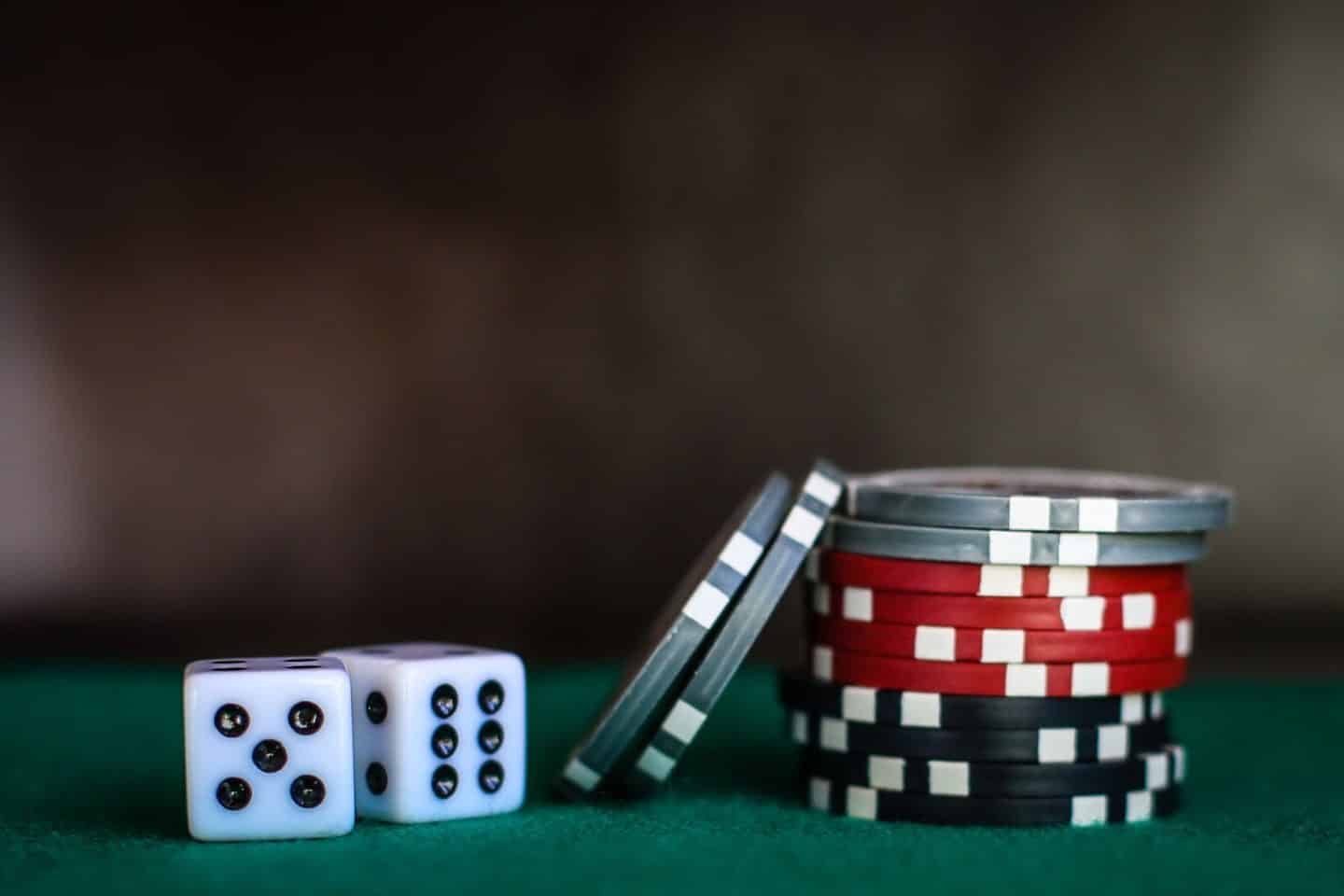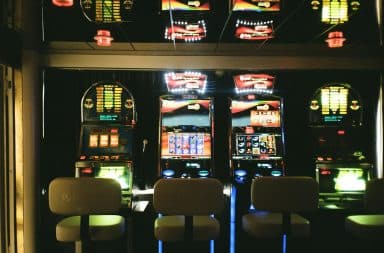Many people believe that trading is like gambling using the True Blue casino bonus. On the other hand, other individuals across the globe also believe trading is not gambling. So, who should we trust? Is trading a game of trial and error? Does it have some features like gambling? Could trading be a totally different thing from gambling? Let's dig deep and come up with some answers.
Trading vs. Gambling
Gambling, by definition, is taking a chance or taking a risk or a game of adventure. Consequently, both gambling and trading involve risks. Risks involved in both games act as a core similarity. When you part with your money for trading, you are constantly taking a risk. Even if you fail to trade and keep your money, inflation can take place and that is also risky. Furthermore, both activities have the same goal in mind, which is to generate money. Both activities are based on the fundamental notion of avoiding risk while maximizing benefits. There are numerous additional parallels between the two. Despite their similarities, there are a few key differences between trade and gambling.
SIMILARITIES
Trading and gambling have some features in common. More than we know, let's get into other similarities.
Risks
One of the leading similarities and obvious between trading and gambling is a risk. It does not matter the game you want to play, May it be roulette, strip, or horse gaming, they all involve risks. It's an uninvited visitor who keeps knocking on your door. Trading and gambling come with risk regardless of your diligence and the information you have concerning the games. You can control your risk, but you won't be able to completely remove it.
Instant Outcome
There are only two immediate results that come with gaming: positive or negative. This is especially true for day traders who receive their gains or losses after the trading day. Gambling, too, is a game of minutes, if not seconds. Nevertheless, the two are comparable in that they both provide instant results.
Experience Makes You an Expert
Experience is an essential component in life that helps you improve with each passing day. If you want to make money, you must first grasp what is going on. Your learning curve is your most powerful ally, whether you're trading or gambling. With practice, you'll begin to see trends, strategies, and market circumstances as a whole. You'll also learn how to manage your emotions and actions. In the end, your experience will be the determining factor in lowering risks and increasing gains.
Understand When to Change
Reasonable players understand when to end a specific game without allowing greed to overtake their minds. At a point where the value of instruments rises, traders take the chance to sell while gamblers place games at a certain level comfortable and the one that meets their desire.
Psychological Strength
Your mind must be straight and with enough strength before any game. When you're on a losing streak, psychological grit becomes extremely important. Gamers must be ready for any result, either positive or negative. A fortified mind manages emotions in case of losses and controls excitement in the case of winnings.
Losing or Winning
There are only two aspects gamers can never deny: losing and winning. When you play a game as a trader or gambler, the results depend on the platforms, not a personal decision. Consequently, gamblers and traders must know the uncertainty of the results.
DIFFERENCES
A narrow line differentiates gambling from trading. Trying to tell the difference between the two can be a hassle at times. However, both occupations are monetary, and the variations between them are insignificant. So, when is gambling appropriate, and when is trading appropriate? So, what exactly is the distinction?
Traders Have Many Ways to Reduce Losses
Traders have some ways to reduce losing risk, whereas gamblers have nothing to do with risk mitigation. A trader can use a variety of tactics to limit losses, like stop-loss orders where hazards are detected and limited in advance. For example, you can sell your stock if it falls below 5% of its acquisition price if your stop-loss is set at 95%. On the other hand, once you start gambling, there is no way to control your losses. Your entire stake is at stake if you bet $20. Your losses cannot be reduced to $15 or $10.
The Odds
The main distinction between trading and gambling is the likelihood of avoiding risks while increasing profits. The educated, careful, and well-informed trader has a significant advantage. Because stock markets always appreciate over time, the favorable probabilities continue to improve. Gambling, however, is not one of them. The house always has a slight advantage over the player, and this advantage grows with time. This isn't to say that gamblers and traders will always lose. Instead, it indicates that the odds favor the trader in the long run but not in favor of the gambler.
The Period
Trading might take decades, whereas gambling is a one-time activity with immediate results. While day trading and other short-term trading are also time-limited activities, short-term trading can extend for years. Furthermore, firms provide dividends to shareholders, implying that long-term investments are also profitable. Gambling, on the other hand, delivers immediate outcomes; you either win or lose.
Detailed Decision
Both traders and gamblers appear to use historical data, past success, and current behavior to their advantage. In both activities, information is incredibly valuable since it allows for better decision-making. Traders have easier access to data such as income statements, cash flow reports, and financial ratios. Gamblers, on the other hand, lack access to such easily accessible and quantitative data.
The essential argument here is, “trading is gambling” and “trading is not gambling.” Gambling entails the danger of losing money and unpredictable outcomes. Those phrases can also be found in trading dictionaries. When someone starts trading without the right expertise and information, trading becomes a game of chance. If someone enters trades without a well-tested trading strategy and risk management, trading will be considered gambling. He'll almost certainly lose money as a result of his risk-taking. When someone trades professionally, though, it isn't gambling.
Serious traders strive to achieve all of the requirements for a successful outcome. They are knowledgeable, consistent, persistent, open-minded, and committed to their field. Gamblers, on the other hand, cannot consistently make money. They rely greatly on luck. Their game is decided by fate. Finally, both phenomena share some parallels. Despite their similarities, trading is a completely distinct experience. Trading cannot be considered gambling if all of the prerequisites are met.



